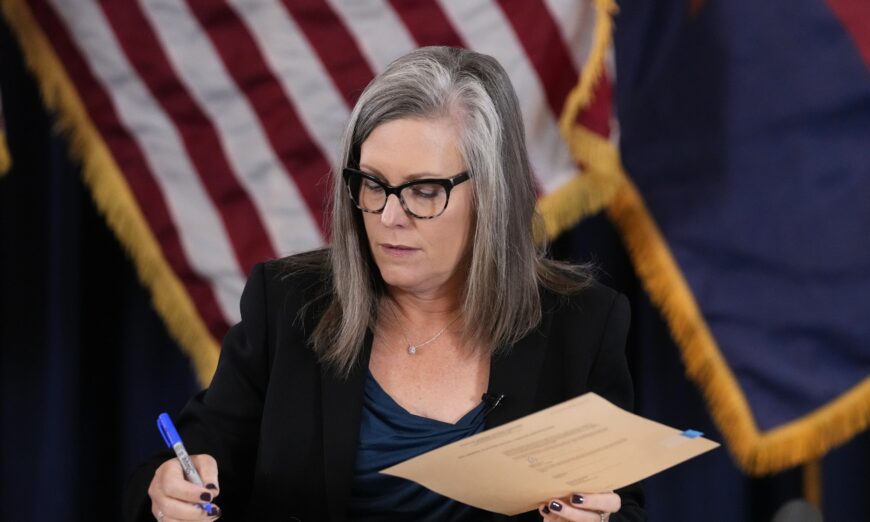Congress advances bipartisan journalism anti-trust bill, ignites content moderation debate.
Senate Judiciary Committee Advances Bill Empowering News Outlets
The Senate Judiciary Committee voted on Thursday to advance a bill that empowers news outlets to collectively negotiate fair compensation with Big Tech platforms in exchange for distributing their content.
The bipartisan Journalism Competition and Preservation Act (JCPA) garnered support from senators across party lines in a 13–7 vote. In the last Congress, the bill passed the panel by a strong bipartisan vote but was not brought to the floor for a vote.
Senate Majority Whip Dick Durbin (D-Ill.), chair of the Senate Judiciary Committee, said that despite the “vital role” of local newspapers in keeping the public informed and holding those in power accountable, local news has declined in the last 20 years.
He attributed this to “large online gatekeepers” like Google and Facebook siphoning ad revenue that news organizations have traditionally relied upon.
“The JCPA … will help reverse this trend by allowing news publishers … to band together and enter into structured negotiations with the biggest online platforms over access to news content,” Durbin said.
The bill would allow news outlets to collectively negotiate with online platforms with at least 50 million U.S.-based users or subscribers. The platforms would be required to negotiate in good faith with the eligible news organizations. Eligible non-broadcaster news publishers could demand final-offer arbitration if a deal isn’t reached within six months.
Australia implemented a similar law in 2021. It has since been proposed in several countries.
Content Moderation Concerns
Content moderation emerged as a central concern for opponents of the bill from both sides of the aisle.
Critics from the Republican Party expressed apprehensions about potential content censorship and alleged anti-conservative bias resulting from the proposed legislation.
Sen. Tom Cotton (R-Ark.) voiced concerns that the bill could grant media and Big Tech companies the ability to censor conservative views. Despite the bill’s provisions to prevent content discrimination based on viewpoint, Cotton argued that it might still enable collective censorship against conservative voices.
“I’m afraid the bill would give media and Big Tech companies a free pass to censor the views of conservatives,” he said.
On the Democratic side, Sen. Alex Padilla (D-Calif.) dissented from the majority of the panel, citing worries that the bill could compel platforms to carry and pay for content they fundamentally disagree with.
Padilla also expressed concerns about the bill’s effectiveness in protecting local newspapers and its potential impact on moderating content, including e
" Conservative News Daily does not always share or support the views and opinions expressed here; they are just those of the writer."



